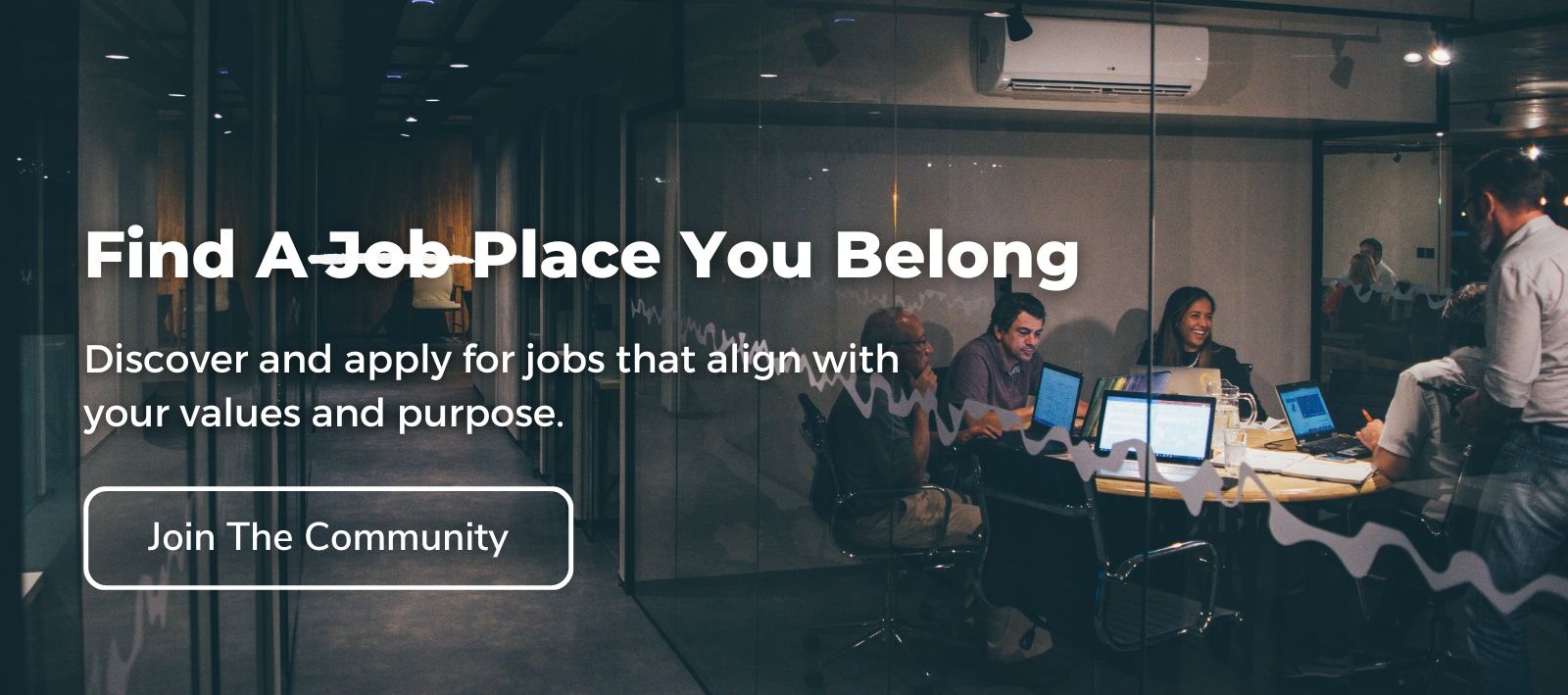As a person with a disability, you may have found the job market difficult to navigate. For a long time, there’s been a stigma associated with having a mental or physical limitation. But fortunately, times are changing and there are many open jobs for people with disabilities, especially in technology fields.
But how do you know if a company is really inclusive? Not just in their hiring, but in their day-to-day practices? And not just for racial diversity or gender diversity, but also for disability diversity. If you’re a person with a disability, here are three benefits to look for before you accept your next job offer.
3 Company Benefits to Look for if You Have a Disability
1. The ability to work remotely
Since the start of the pandemic, remote work has taken center stage. We have collectively learned that it improves work-life balance and boosts productivity by a staggering 47%, a statistic highlighted here.
As a person with a disability, having the option to work remotely is more than just flexibility and autonomy. It means reducing the time you have to rely on tools like public transportation to get you back and forth to the office.

From small startups to industry giants such as Amazon, many companies now welcome people with disabilities to remote positions with open arms.
Looking for remote startup jobs? Join the Purpose Jobs community to discover and apply for top remote tech jobs. 
2. Tuition assistance for online certifications and degrees
Many companies offer tuition assistance, but many limit this to in-person classes. Before you accept a position — particularly if you plan to return to school to earn your degree — confirm with your future company’s HR department that they offer tuition assistance for online programs.
There are many degrees that make sense for people with disabilities, including a master’s degree in information technology, for example. This can open up many opportunities in everything from tech management and data analytics to cybersecurity and software development. Regardless of which degree you choose to pursue, ensure that it’s something you are deeply passionate about.
People on the autism spectrum may also consider earning a certification as an air traffic controller or research analyst. You may also pursue a degree in humanities or law — both fields that may be appealing to people with physical differences.
Whatever path you choose, it’s important to find a company that supports you and can help you get there.
3. Heartfelt willingness to adapt to your needs
There is a lot of confusion surrounding how the Americans with Disabilities Act affects a business’ responsibility to accommodate. Many people mistakenly believe that businesses are bound to adapt to all disabilities. This simply isn’t true, and they have the legal right to reject an applicant if their disability is exponentially expensive to accommodate or will cause an undue burden on their operation.
Fortunately, many business owners — and especially those launching startups — are more than willing to offer adaptive technologies that make their environments more accessible to a broad pool of talent.
An employer that is eager to hire may offer anything from a wheelchair ramp to artificial intelligence to improve the workplace experience. They can make simple technologies such as screen reading software readily available, and the HR department will be happy to check in periodically to determine other ways your company can support you.
In addition to having the right tools to help you succeed, it’s important to surround yourself with people who want to help you rise up. Finding a supportive, nurturing community is extremely important as well, so look for cultures that accept people from all walks of life. This includes people of all races, genders, experience levels, and ideas — as well as disabilities.
Finding a job as a person with a disability used to be a much more daunting task than today. Now, many business leaders are more than welcoming, and they won’t shy away from an applicant because of a perceived disability. When you are searching for your next career, remember that you do not have to accept the first offer. Look for an organization that offers benefits and amenities that will benefit you and your coworkers. When you find the right one, you’ll know it, and your professional relationships will flourish.
About Patrick Young
Patrick Young is an educator and activist. He believes people with disabilities must live within a unique set of circumstances--the outside world often either underestimates them or ignores their needs altogether. He created Able USA to offer helpful resources to people with disabilities and to provide advice on navigating various aspects of life as a person with disabilities.






